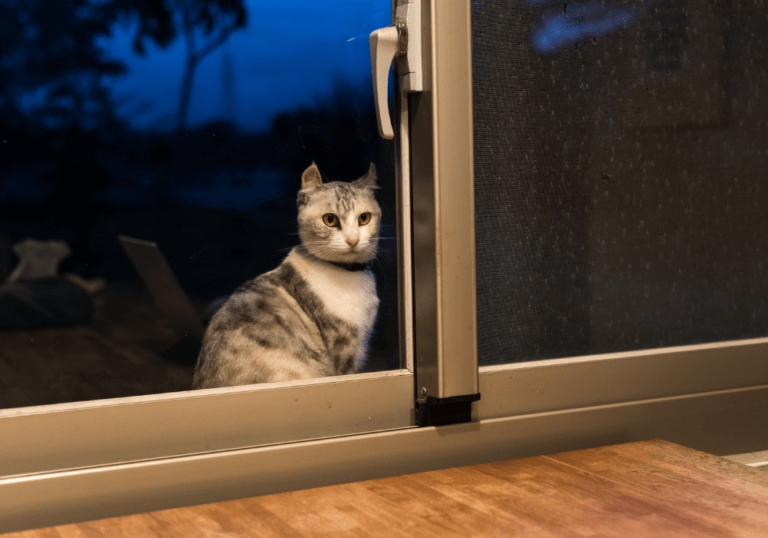Managing Your Cat's Night-Time Activity: Tips for a Peaceful Night's Sleep

It’s 2 a.m., and while the world outside is silent, your home is alive with the sounds of your cat’s late-night escapades. As your feline friend races through the house, skidding around corners and knocking over precious items, you might find yourself wishing for some peace and quiet. If your cat’s night-time antics are interfering with your sleep, it’s time to take action. Here’s how to keep your cat calm at night and ensure everyone gets a good night’s rest.
Understanding Your Cat’s Night-Time Activity
Cats are natural hunters, and in the wild, they often hunt during dusk and dawn. Even though your domestic cat may not need to hunt for food, these instincts remain strong. Night-time is when many cats feel their most active, leading to playful (and sometimes disruptive) behavior. Fortunately, there are strategies you can employ to help manage this activity.
What to Do If Cat Capers Interfere with Your Sleep
1. Just Ignore Your Cat
If your cat is trying to get your attention at night, you might be tempted to pet or feed them. However, these actions can reinforce their behavior, making it more likely they’ll continue their antics. Instead, try to ignore them completely. While this may not work for every cat, many will eventually learn that night-time is not playtime.
2. Keep Your Pet Active During the Day
A tired cat is a calm cat. Engage your feline friend in play during the day to help expend some of that pent-up energy. Here are some fun activities to keep your cat busy:
- Fetch: Believe it or not, many cats enjoy a good game of fetch! Use small toys that your cat can easily carry.
- Chase the Light: A laser pointer can provide hours of entertainment as your cat chases the elusive dot around the room.
- Fishing: Interactive toys, like a kitty fishing rod, can stimulate your cat’s natural hunting instincts.
- Bird and Squirrel Watching: Setting up a comfortable perch by a window can provide endless entertainment as your cat watches outdoor wildlife.
- Videos: Play cat-friendly videos featuring birds or small animals. Many are available on platforms like YouTube.
- Electronic Toys: Invest in battery-operated toys that will keep your cat entertained even when you’re not home.
- Tag: Join in on your cat’s daytime energy bursts and play a game of tag.
3. Change Feeding Times
Cats often take a nap after eating. To help reduce their night-time activity, consider adjusting their feeding schedule. Try feeding your cat later in the evening or offering a treat just before bedtime. If you add an extra treat, make sure to reduce the number of treats given during the day to maintain a balanced diet.
4. Close the Bedroom Door
If your cat continues to be a night owl, consider closing your bedroom door. This simple action can help you get a more restful night’s sleep while teaching your cat that the bedroom is off-limits during sleep time. Expect some complaints in the beginning, but most cats will adapt.
5. Consult Our Doctors at Willow Glen Pet Hospital
If your formerly calm cat has suddenly become more active at night or is excessively vocalizing, it may be worth checking in with the experts. Changes in behavior can sometimes be related to underlying health issues. Our experienced staff at Willow Glen Pet Hospital can help determine if there’s a medical reason behind your cat’s behavior.
Conclusion
Managing your cat’s night-time activity doesn’t have to be a daunting task. By understanding their natural instincts and implementing a few strategic changes in their daily routine, you can promote a calmer, more peaceful night for both you and your feline friend.
If you need more help or have any questions, call us at Willow Glen Pet Hospital, (669) 342-7472, 1033 Willow Street, San Jose, CA, 95125, US.
Hours: Monday – Saturday 8:00 am – 6:00 pm.
